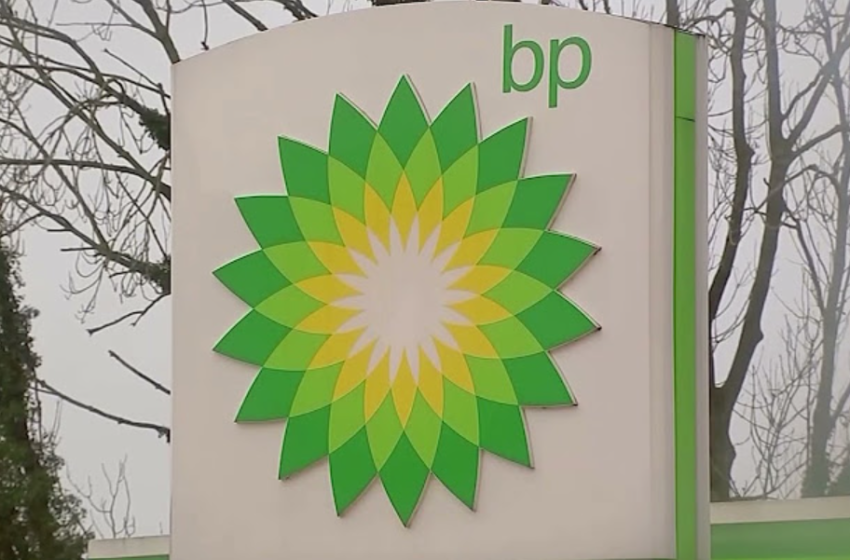BP Makes Profits of £4bn in Three Months

BP Makes Profits of £4bn in Three Months
BP Makes Profits of £4bn in Three Months
The BP profits of, which amounted to £4bn in three months, have sparked criticism from environmental groups and activists. They argue that BP’s continued reliance on fossil fuels is contributing to the climate crisis and harming the planet. BP has said that it is committed to reaching net-zero emissions by 2050 and has set targets to increase renewable energy production and reduce emissions. However, critics say that the targets are not ambitious enough and that the company should be moving away from fossil fuels more quickly. Some activists have called for a boycott of BP and other oil companies as a way to pressure them to change their practices.
BP reported strong profits for Q1 2023 as energy prices remain high. The company’s underlying replacement cost profit, which is a measure of net income, came in at $4.7 billion, up from $2.6 billion in the same period last year. This was mainly due to higher oil and gas prices, which have been buoyed by supply constraints and strong demand.
BP’s profits for the first three months of the year were $5bn (£4bn), which is a decline from $6.2bn the previous year, but still strong due to high energy prices. The high profits have led to calls for energy firms to pay more tax, with Labour and the Liberal Democrats calling for changes to the windfall tax. Labour leader Sir Keir Starmer has specifically called for a “proper” windfall tax on energy profits.
The statement from the Treasury spokesperson suggests that the government is defending its use of the Energy Profits Levy to help ease the burden of energy costs for households. The Levy requires energy companies to pay a tax on their profits, which is used to fund measures to reduce energy bills and support vulnerable consumers. However, critics argue that more needs to be done to address the issue of rising energy prices and to ensure that companies are paying their fair share.
According to Nick Butler, a former BP executive and visiting professor at King’s College London, the company’s profits in the first quarter of the year were due to a “good internal business performance but also from high prices around the world.” However, he also predicted that BP’s profits were likely to fall significantly later in the year as oil and gas prices were dropping. BP CEO Bernard Looney has described the first quarter of 2022 as a period of “strong performance” for the company.
The UK government has introduced a windfall tax on profits made from extracting UK oil and gas, called the Energy Profits Levy (EPL), to help fund its scheme to lower gas and electricity bills. The EPL is set at 35%, which, together with existing taxes on oil and gas companies, takes the total UK tax rate to 75%. However, companies can reduce the amount of tax they pay by factoring in losses or investment in their UK oil and gas business.
BP’s profits are mainly earned outside the UK and are not covered by the EPL. In the first three months of 2023, the company paid $650m in the UK, with about $300m due to the EPL. BP said that oil and European gas prices would remain higher than usual in the three months to the end of June, although wholesale gas prices have been falling, raising hopes that household bills will start to come down this summer.
Emissions protest near BP HQ
BP has faced criticism for cutting back its emissions reduction targets and for its actions on reducing gas flaring, after an investigation by the BBC showed that the company was one of several major oil firms not declaring emissions from flaring in Iraq. At the company’s AGM, some of the UK’s biggest pension funds voted against reappointing BP’s chairman, Helge Lund, in protest at the emissions decision. BP’s CEO, Bernard Looney, expressed his condolences at the meeting after Ali Hussein Julood, a man from Iraq who had documented his life for a BBC documentary on gas flaring, passed away from cancer, which he had linked to the flaring.